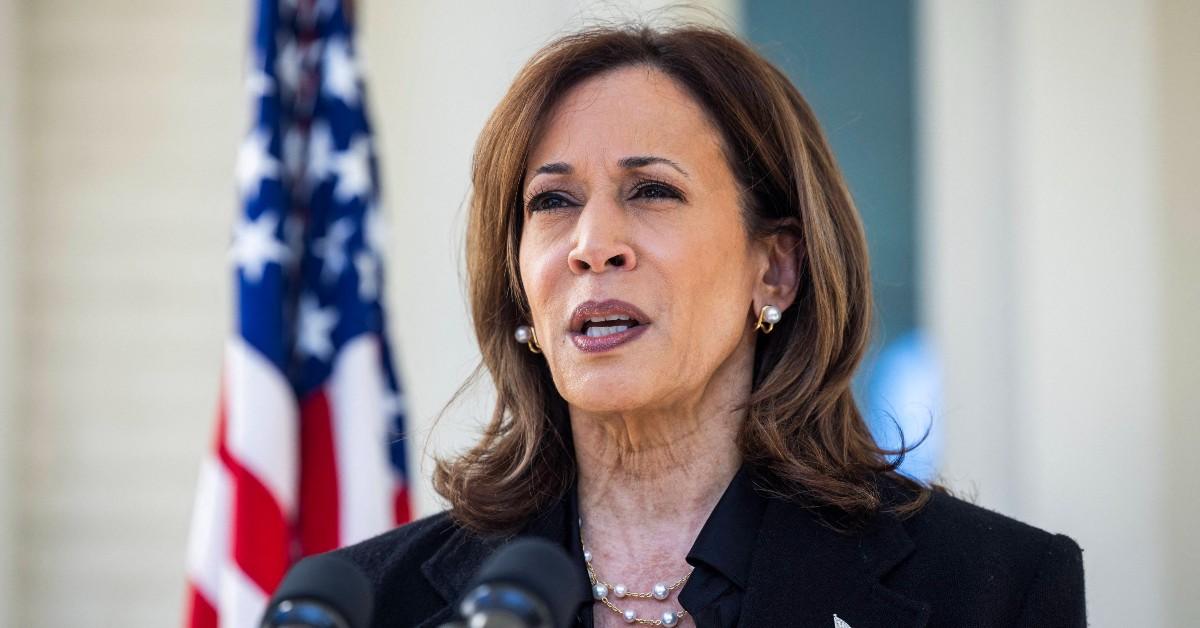U.S. Rep. Andrea Salinas and Sen. Jeff Merkley, both Oregon Democrats, are spearheading legislation to ban betting on elections. (Getty Images)
Editor’s note: The Capital Chronicle has launched a $10,000 end-of-year fundraising campaign to help us continue our first-class coverage next year. A lot is at stake, and there’s a long legislative session in 2025. We’re completely dependent on donor dollars, which are tax deductible. Please contribute to us if you can.
After Americans legally bet hundreds of millions on the 2024 election, two members of Oregon’s congressional delegation and a Maryland representative are pushing to ban election betting.
U.S. Reps. Andrea Salinas, D-Oregon and Jamie Raskin, D-Maryland, introduced a bill Wednesday to prohibit any election wagering. Their Ban Gambling on Elections Act mirrors a bill introduced by Sen. Jeff Merkley, D-Oregon, earlier this year.
“Betting on elections degrades them from an investment in leadership to a profit-maximizing game,” Merkley said in a statement. “In addition, this practice is corrupt since those betting can influence the outcome by funding late-cycle smear campaigns. It’s like betting on a baseball game when you control the umpire. It’s a great step forward to have House leaders like Rep. Raskin and Congresswoman Salinas take on this fight.”
Online betting companies KalshiEX LLC and ForecastEx LLC accepted more than $900 million in bets on the presidential, Senate and House races, according to a November report from MarketWatch. The betting website Polymarket, which isn’t available to users in the U.S., accepted $3.7 billion in bets on the presidential election.
Election betting was common during the late 19th and early 20th centuries, but it declined in popularity and was widely banned as states passed gambling laws. Online betting markets brought the practice back in recent years, but bets could only legally be placed by people who aren’t U.S. citizens.
That changed in October, when a federal appeals court allowed Kalshi to open an election betting market. The online betting company even bought ads to appear alongside coverage of a Donald Trump rally on a right-wing media company, NPR reported.
The legislation Salinas, Raskin and Merkley introduced would add just 60 words to the Commodity Exchange Act, a 1936 law that regulates commodity trading, to specify that no betting is allowed on any elections.
Salinas said in a statement that election betting incentivizes bad actors to interfere with U.S. elections.
“We cannot play roulette with our democracy by allowing this kind of wagering without a thorough accounting of the potential consequences,” she said.
The prospects for passage are unclear, with Congress in a lame-duck session and heading into the holiday break. Nevertheless, Salinas added that she’ll work to provide more federal funding for gambling addiction and treatment as sports betting and online gambling rise in popularity.
Raskin, who House Democrats selected Tuesday as their ranking member on the House Judiciary Committee, said Congress needs to crack down on political gambling.
“With distrust in our electoral system at an all-time high, we must crack down on gambling in all U.S. elections,” he said. “Our democracy demands reliable and transparent processes to cast ballots and tally results, not a horse race clouded by gambling odds and bets placed.”
Better Markets, a nonprofit organization that pushes for stricter financial regulations, is backing the proposal. Co-founder and CEO Dennis Kelleher said gambling has no place in elections and the Commodity Futures Trading Commission, which regulates commodities, doesn’t have the expertise to handle election gambling.
“Betting hundreds of millions if not billions of dollars on elections will incentivize manipulation and interference while undermining Americans’ faith and trust in elections,” Kelleher said. “Gamblers also should not be allowed to unleash gambling on American elections by sneaking it in through the back door of the CFTC, which has no expertise, experience, or ability to regulate or police election gambling. It will also distract the CFTC from its vital public mission of protecting the commodities markets, which all Americans rely on for everything from cereal and bread to oil and gas.”
SUBSCRIBE: GET THE MORNING HEADLINES DELIVERED TO YOUR INBOX













